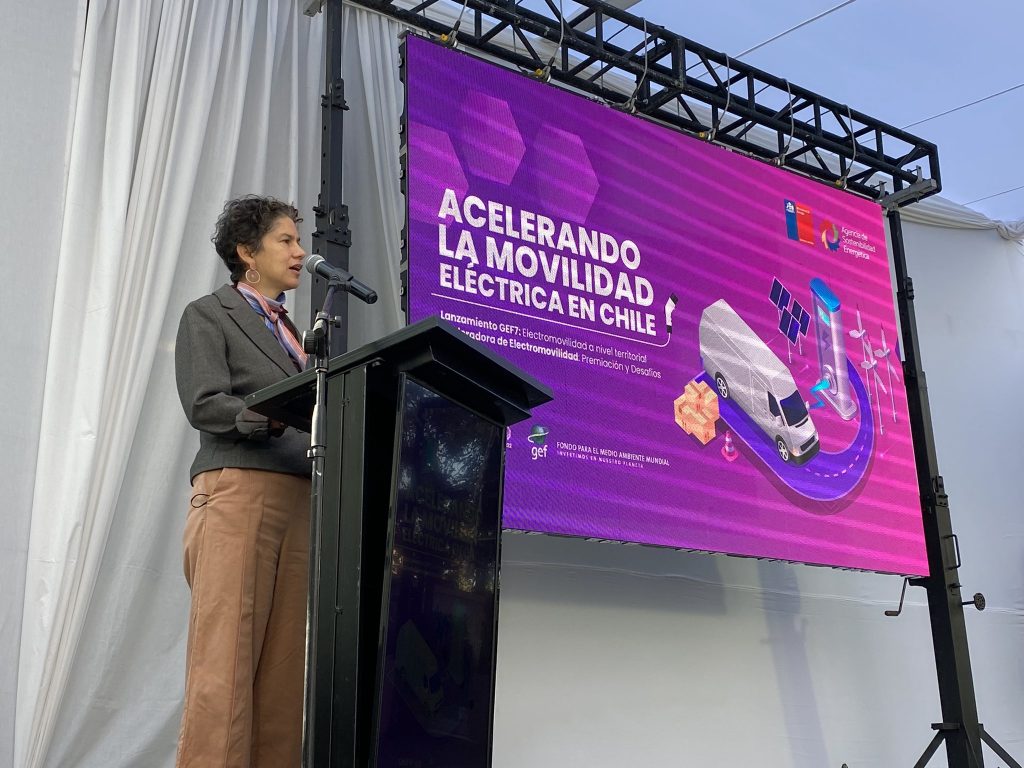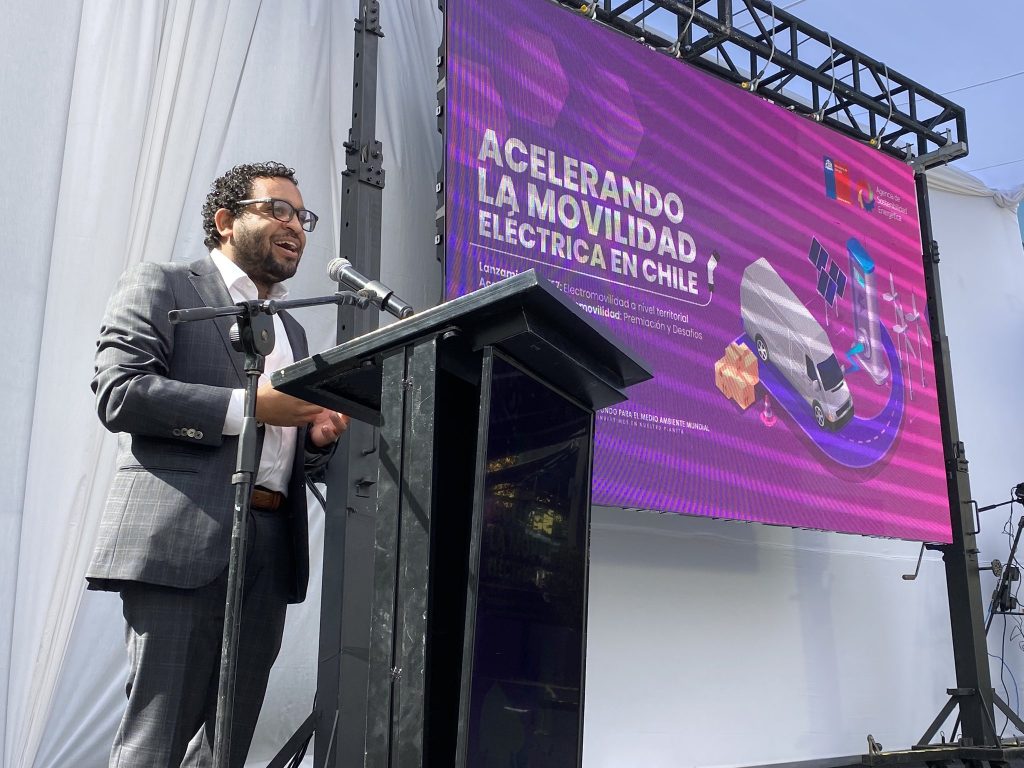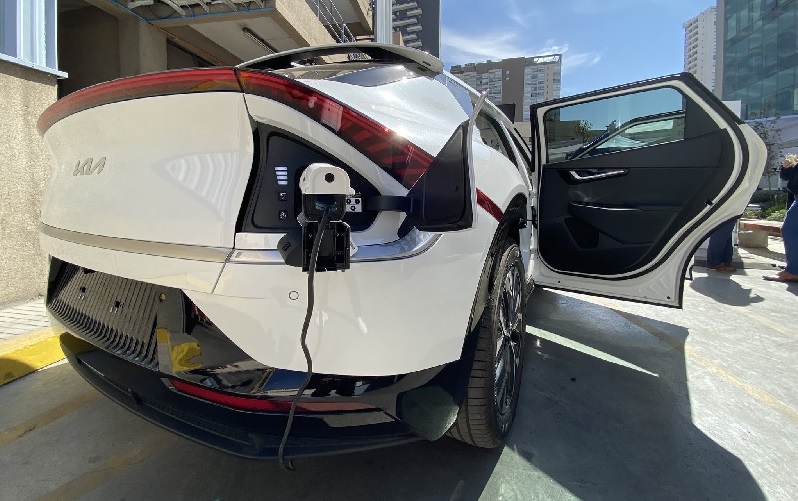The moment when new officials from different portfolios gathered to make public statements on electromobility occurred at the event «Accelerating electric mobility in Chile» of the Energy Sustainability Agency and the Ministry of Energy.
There, the position taken by the administration that began a little over a month ago with regard to the sector became evident.
Maisa Rojas, Minister of the Environment, stated: «The scenario for the transport sector is not easy, due to its high dependence on the demand for fossil fuels that we must import and its state of development; in Chile the natural tendency would be to increase its transport emissions, therefore, the challenge is twofold».
The good news is that we are clear about where we want to go, we have a long-term climate strategy in which we have a commitment to 100% public transport by 2040 and 60% of private electric vehicle fleets by 2050,» she said.
The minister acknowledged that it is not enough to generate a technological change in transport and decontaminate cities, but that this must be complemented to achieve a change in the country’s electricity generation matrix.

«To stop relying on fossil fuels and move towards decarbonisation should be an imperative of social justice,» he admitted, adding: «We must move decisively to invest in the infrastructure and processes that will enable us to make the transition we need.
On a regulatory and financial level, he said that an electromobility standard must be ensured in vehicle imports and financial strategies must be generated so that passenger, logistics and light-duty vehicles can review the transition with the help of the state.
«The essential thing today is to define the characteristics that this nascent sector should have so that it can effectively be part of the socio-ecological transition that Chile demands,» said Maisa Rojas.
In turn, Cristóbal Pineda, Undersecretary of Transport, alluded to the need to change the pattern and habits of travel and the link with clean transport.
Specifically on electromobility, he said that intersectorality is key.
«One of the things the president has asked us to do is to focus on regions,» Pineda said, adding: «Our commitment is to accompany this transition, to ensure that the reduction of emissions is achieved.
Finally, Julio Maturana Franca, Undersecretary of Energy, recalled that a week ago he had mentioned that electromobility is a state matter.
He added: «Perhaps it sounded a little light-hearted, but the truth is that these words are so profound that it is important to start repeating them over and over again so that we really think that when we talk about the State we are also talking about the whole of the national territory».
The official admitted that this policy aims to provide a solution to each and every person in the country, to meet goals responsibly and to reach the regions.
«There is a lot of work to do and we will continue to accelerate it so that industry and investors set their eyes on the regions and we can make policy from the territories,» said Maturana.






















